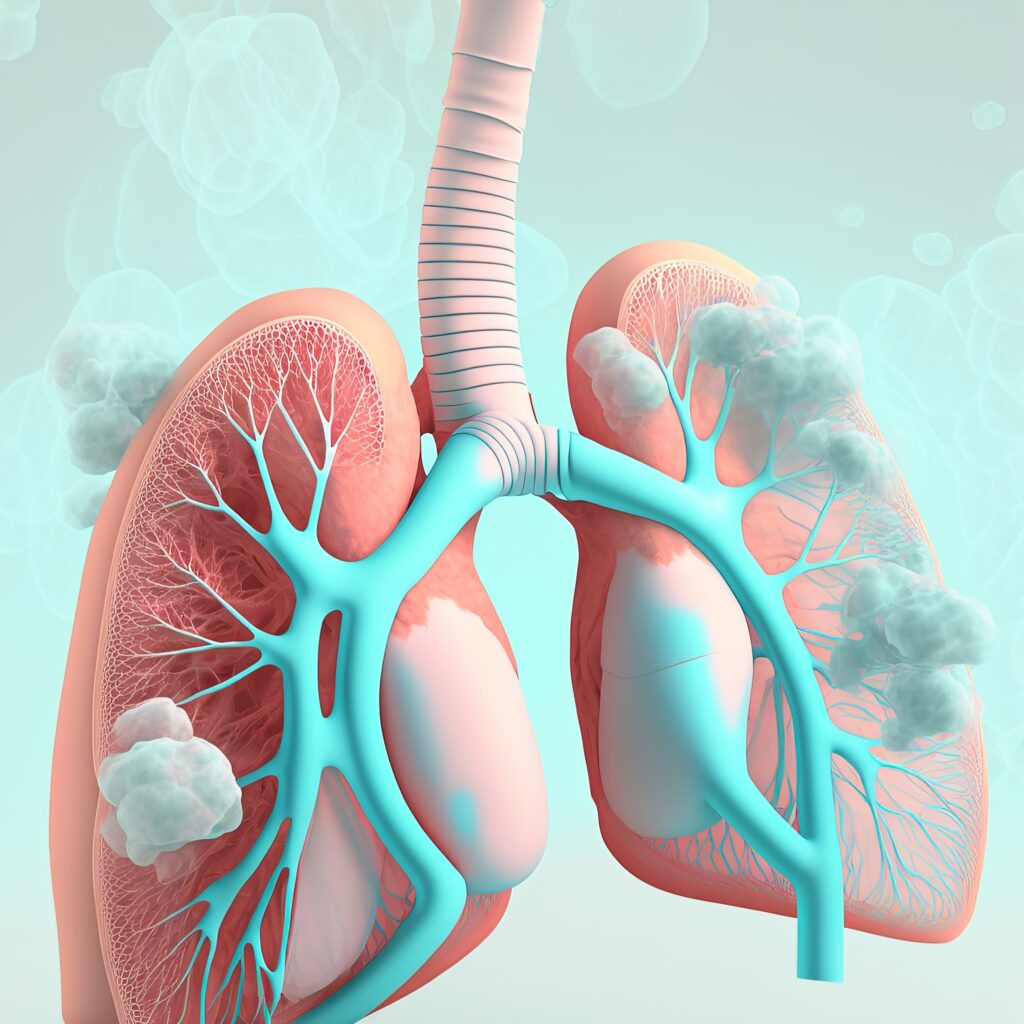
How Does Asthma Limit Your Life & How Do You Manage This?
The below content is derived from research done using sources available on the internet. Safey Medical Devices Inc and its subsidiaries do not take any responsibility for the accuracy of the content. No medical decision should be taken on the basis of below content without consulting with your Medical Practitioner.
How does having asthma limit your life? Find out some of the ways it can impact your life as well as how to cope and manage the condition with Safey Health.
Depending on its severity, managing your asthma condition can feel like unrelenting pressure which can take a toll on your general psychological and physical well-being. You may feel that your lifestyle is dramatically constrained and you have a sense of being unable to enjoy the benefits and pleasures of your life.
Many asthma sufferers note high levels of anxiety and some even turn to alternative medicine to regain a sense of control. Symptoms can feel overwhelming when trying to manage your daily life
The above all sounds rather depressing, but if you ask yourself “What steps can I take to manage my condition better, to gain a sense of more control and to minimise the chances of symptoms and attacks occurring?” there are specific strategies you can put in place which can, if followed regularly, make a difference to how you perceive not only your condition as an asthmatic but also as a regular member of society.
Daily routines
We can start with the simple, everyday tasks. Living with asthma can affect daily routines and the way in which you manage the daily tasks that we all need to do; getting dressed, having a shower, shopping, cooking and so on.
You may notice there are times when you become breathless. Think about the ways in which you already manage your asthma. What have you discovered that helps you in managing your asthma and breathlessness on a day-to-day basis? Breathlessness may be related to exertion and busy days, or it may be the residual effect you feel the day after a busy day.
Starting your day.
Thinking carefully about your daily routine can help you to recognise how and where your energy is to be used;
- Some asthmatics find they feel at their worst first thing in the morning. You may not have slept well, or your muscles are stiff or sore until you get moving again.
- Have your inhalers beside your bed and take a first dose to open up your airways before you start carrying out morning tasks. Start slowly until you feel your breathing is better.
- If you have not slept well, think about changing your sleeping position – you may sleep better if you are more upright with pillows for support. Consider rearranging your pillows or getting an ‘A’ shaped pillow which supports your upper back and neck.
- If you get a dry mouth during the night, keep a drink of water beside your bed.
- Try to allow yourself time in the mornings to do all the washing, dressing and grooming tasks without rushing.
- On days when you feel your asthma and breathing are not so good, have a simplified morning routine as a back up. For example take your inhalers and rest before you attempt washing, shower or dressing.
- If you often feel worse in the mornings, plan to have your bath or shower in the evening if you feel better at this time of the day.
- Keep everything you will need close at hand near the sink.
- If you are having a bad day try sitting down to wash, shave or apply make up.
In the bathroom
In general showering is easier than getting in and out of a bath. Always use a non slip mat in the bath or shower.
- Use unperfumed soaps and body washes rather than strongly scented ones. Fragrances can trigger attacks for some people.
- If you are tired after your bath use a thick robe to wrap around yourself to get dry and keep warm at the same time. Sit and rest if necessary in another warm room.
- Use your breathing control techniques and wait until you are dry.
- If you have difficulty washing and drying your hair, try using a travel size hairdryer which is much lighter.
Dressing
For non-asthmatics, getting dressed may seem like the last activity you would expect to use exertion. But for asthmatics, it can be unpleasant and uncomfortable to start the day like this. There are certain simple steps you can take to avoid over-exertion and breathlessness;
- Watch out for breath holding – try not to hold your breath when are doing any task which involves a lot of effort, even something as simple as tying shoelaces. If you notice yourself breath holding, sit back, rest and try your breathing or relaxation exercises.
- Sit down to dress. Make sure your feet are flat on the floor or your chair may be too low or too high. Take care when bending as this can make breathing more difficult.
Choose clothes which are easier to put on. Stretch fabrics, loose fitting with few fastenings are often best.
Routine tasks
- Pacing yourself is critically important. An asthmatic in a hurry and under time pressure is an asthmatic at severe risk of provoking symptoms which require immediate action before ‘normality’ can be resumed.
- Planning priorities helps you to avoid the unexpected in terms of energy levels and exertion. Prioritise what tasks need to be done, and plan into your day and throughout your week. Do not try to get it all done at once.
- Schedule more demanding tasks for the time of day which is best for you. Remember to pace yourself, resting after each stage of a task to manage increased breathlessness.
‘Quick fixes’
On days when you feel tired or your asthma is not so well controlled, there are simple things you can incorporate into your life to simply make it easier and to avoid over complication;
- Sit down to cook, or take regular rests while preparing your meals this helps you manage better and to pace yourself.
- Have some pre-prepared meals as options for days when you really don’t feel like cooking. This could be small portions of foods you can reheat in a microwave straight from your fridge or freezer.
- Friends and family can also help by getting heavier shopping such as washing powder, cleaning products and tinned food.
- You may wish to think about ordering all kinds of shopping online for home delivery. In fact, practically all retailers provide this service nowadays.
Further support
You may find that external agencies can help you with managing the health and financial aspects of you asthma condition.
- You may be able to contact your local social care services for assessment by an occupational therapist or social worker.
- Your family doctor can make a referral to occupational therapy for an assessment or order some basic equipment for you.
Obviously, there are always going to be unfamiliar and uncontrolled situations, for example, when travelling. But with time and care, you can minimise the risk to yourself and reduce the likelihood of unpleasant symptoms such as hyperventilation or breathlessness.
It is important to plan ahead for regular check-ups with your doctor to assess your condition or report any changes, events or incidents having a bearing on your asthma.
Modern life is always in a hurry, but for your own good, you often need to take your time – more time than others in certain instances, but you will feel better, more relaxed and, importantly, less stressed as a result.









